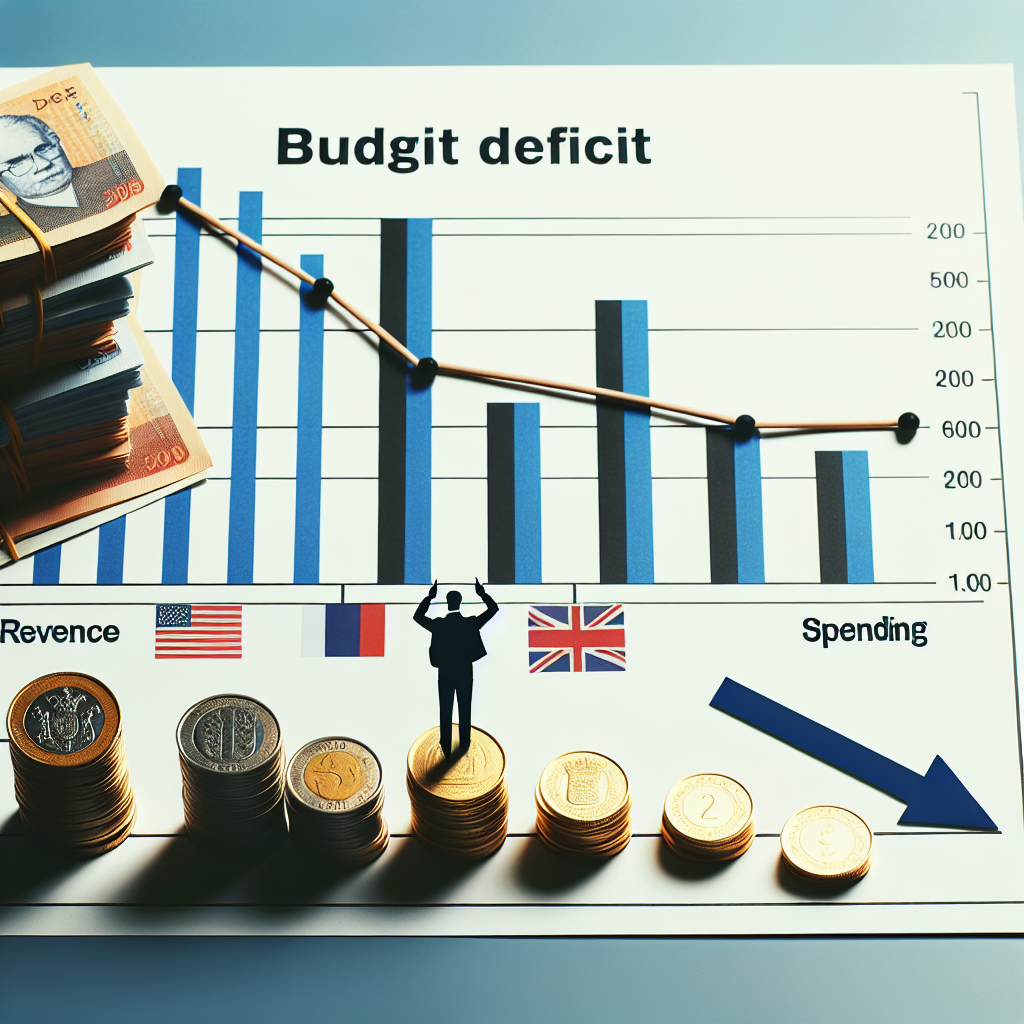US Budget Deficit Grows Amid Record Tariff Revenue
Despite record tariff income under President Trump's administration, the US budget deficit grew by 20% for the fiscal year ending in July. Increased federal spending and growing national debt are key contributors, though future trade deals and tariff revenue may help address the deficit concerns.

- Country:
- United States
The US budget deficit surged by 20% for the fiscal year ending in July, despite unprecedented tariff revenue under President Donald Trump's administration. Treasury Department data reveals the complex dynamics shaping the nation's economy.
Customs revenue saw a dramatic 273% increase, or USD21 billion, compared to last year. However, the anticipated benefits of these tariffs have yet to significantly curb government overspending. Rising interest payments, cost-of-living adjustments to Social Security, and other expenditures continue to outpace revenue collection.
Even with a focus on trade negotiations and deal-making, including extending a tariff truce with China, the administration's ability to manage the deficit remains uncertain. Economic experts caution that while tariffs may generate income, their long-term impact on debt reduction is likely modest at best.
(With inputs from agencies.)
ALSO READ
Global Health Sector Faces Major Shifts Amid Leadership Changes, Trade Deals, and Crisis in Gaza
IMF Scrutinizes US Trade Deals with Japan and EU
Global Markets Tense Amid Economic Data and Trade Deals
U.S. Strikes New Trade Deals with Cambodia and Thailand Ahead of Tariff Deadline
Global Markets on Edge: Economic Indicators and Trade Deals In Focus










